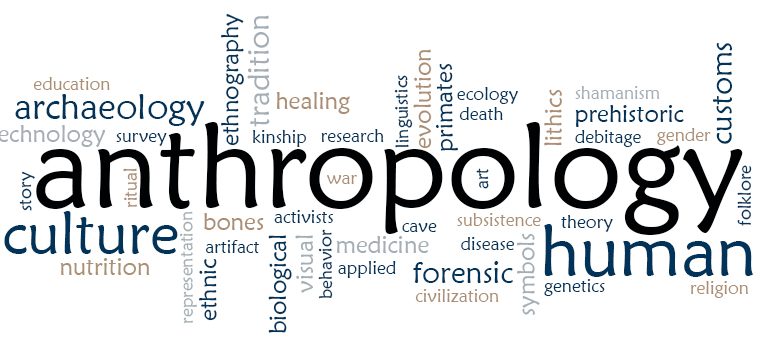
(ANTHROPOLOGY OPTIONAL PAPER I)
Syllabus Section: 6.Anthropological Theories
Introduction
The theory of diffusion emerge in the early years of 20th century.
Diffusionists view that various cultural traits and cultural complexes develop at various times in different parts of the world.
Thus, diffusionists are of the opinion that culture has growth, not because of evolution, but because of the spread of cultural traits and complexes due to historical happenings and mutual contacts.
Cultural diffusion is a process, by which cultural traits discover or invent at one place or society are spread directly or indirectly to other societies or places.
Background and Development
- The 19th century evolutionists were well aware of the fact that a full understanding of culture requires explanations of both their similarities and differences
- Similarities exist because of psychic unity of mankind which made people react similarly to uniform environmental conditions
- Cultures in the same stage of development were not relate as independent inventions have taken place in them
- Though they recognize that diffusion was an undeniable fact, most of them maintain that culture traits were more often invent than imitate
- During the 20th century, several schools of thought appear in Britain, America and Germany that claim to be anti-evolutionist and were more critical of psychic unity
- They emphasize the fact that man was basically uninventive and thus, important inventions were made only once at a particular place, from where they spread to the rest of the world by diffusion or migration
- Both diffusion and migration represent two different processes of change
- Diffusion is taking over of traits by imitation
- Migration implies that culture carrier broke away from their original settlements and move to other parts of the world taking their cultural inventory with them, but adapting it to new environmental conditions
- Culture diffusion is thus a process by which culture traits, discover or invent at one place or society, are spread directly or in directly to other societies or places
- Although the exact origin of specific culture traits is difficult to trace, diffusion of a trait can fairly be trace
- Historically, more is known about diffusion than origin of a particular culture trait
- In history, certain societies or places have serve as centers from where culture traits have spread to other parts of the world
- These centers of cultural diffusion were more progressive societies and had develop more rapidly either through invention or discoveries – Ex. Egypt, Rome and India.
Conditions related to cultural diffusion
- Any cultural group will adopt a culture trait of other cultural group only when it would be meaningful and useful either economically or socially or both
- In course of diffusion, culture trait may not remain in original form, but changes in it can take place due to different environmental situations
- Process of diffusion of culture traits always follow from high culture to low culture or develop culture to under develop culture
- Process of diffusion may create culture change in groups adopting culture of other groups.
- Sometimes, borrow culture traits get assimilate easily, but sometimes they are responsible for many changes
- There are some obstacles in culture diffusion, such as lack of transport and communication, geographical isolation, ethnocentrism etc.
Read More: Anthropology Answer Writing
Schools of Diffusionism
Though diffusionists admit that cultural traits discovered or invented at one place or society, are spread to other places or societies, they have not shown unanimity as to which was the place from where culture traits reached to other parts. These differences resulted in three different Diffusionists Schools of thought in Anthropology.
British School of Diffusionism
- G.E. Smith (1871-1937)
- W.J. Perry (1887-1949)
- W.H.R. Rivers (1864-1922)
German School of Diffusionism
- F. Ratzel (1884-1904)
- F. Graebner (1887-1934)
- F.W. Schmidt (1868-1954)
American School of Diffusionism
- Franz Boas (1858-1942)
- Clark Wissler (1870-1947)
- A.L. Kroeber (1876-1960)




